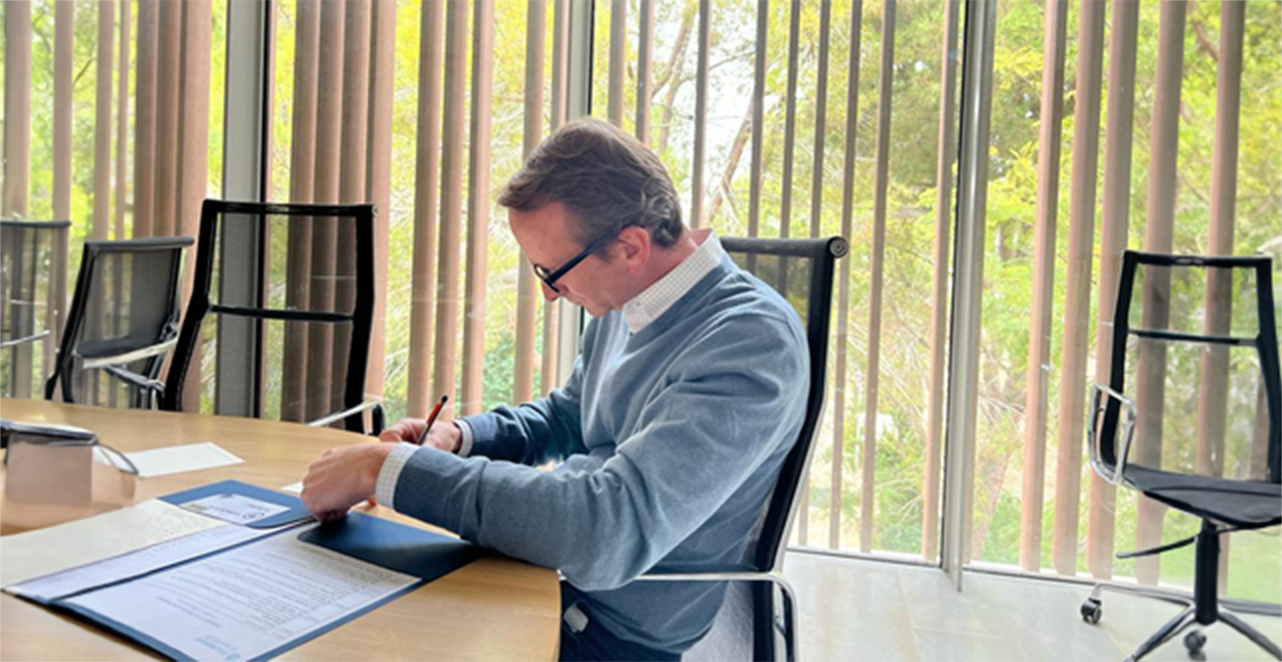


My Fulbright Israel Experience By Chet Bush - U.S. Fulbright Postdoctoral Research Fellow, The Hebrew University of Jerusalem
U.S. Fulbright Postdoctoral Research Fellow
My Fulbright Israel experience has led me to reflect on life from several perspectives. As a researcher of History and Pilgrimage Studies, it is easy for me to interpret living abroad as one step an individual takes in a longer journey of change. As a member of my own family, I see ways I have grown as a person among people who live and interact differently from ways I am accustomed. As an American citizen, I have reflected on the values that inform nation-building, and have watched ways people construct, participate, and seek to shape institutions and communities. In addition to the research agenda I set for myself I, also, had a more personal goal: Learn to be at home in another country.
During my stay in Israel I have studied, made friends, traveled, and created patterns for living unlike any other season in my life. I have read books and archives as well as the land and the people who belong to it. I have navigated public spaces and purchased groceries with only a cursory understanding of the primary language (but very grateful that English is a close runner-up). I have become adept at doing business with foreign currency and planning day trips that involve several different modes of transportation.
Plenty of surprises lay in store, teaching me more about what I thought was normal than what really is. While here I learned there are no universally agreed-upon notions of personal space, sidewalk etiquette, or the number of cats acceptable per square mile.
I found religious expression to inform many peoples’ routine behavior as Hasidic families walked together to synagogue on Sabbath, Christian monks corralled tourists at sacred sites, Muslim taxi drivers stopped to bow in prayer beside the road, and protesters waved flags with spiritual fervor at organized demonstrations. People, here as elsewhere, unite around ideas that join them in solidarity and differentiate them from others.
Some of the greatest challenges come when despite one’s efforts to be a hospitable guest, openness is met with closedness. Entering a different country can also mean facing another culture’s social boundaries. I learned how important it was to relinquish being overly concerned about my personal space while respecting how others use theirs; this is not always an easy dance.
Common ground seems to emerge in the truly universal experiences, like eating, going to work, and appreciating nature. I have eaten food prepared by folk from every religion and region of the country. I wasn’t able to designate a superior food to one faith over the other. I have sat on city buses silently facing forward, rocking with the rest and struggling to keep my balance when the driver abruptly halted to a stop. Inertia seems to impact the hijab and the tichel, alike. I have marveled at the terrain of this magnificent country alongside all sorts of people speaking all sorts of languages. Masada is apparently as spectacular in Dutch as it is in Hebrew, English, or Spanish.
During my stay, there have been institutions where I expected to make friends – such as the university campus, my apartment building, or the places of worship I attend – but there have also been unexpected encounters in unusual places that have helped ground me in this place. To my surprise, the most memorable conversations with strangers have occurred while washing my clothes. I had not thought to include the laundromat in my list of institutions through which to build relationship, but it happened, and it confirmed an important social principle for me: To become at home in a foreign country, I need to experience random, positive interactions in public just as much as I need to establish ongoing, reliable friendships. And this is a beautiful aspect of the Fulbright program as we seek to live with others and the land in ways that foster understanding. We discover shared livelihood on common ground.
See more - Chet Bush album
